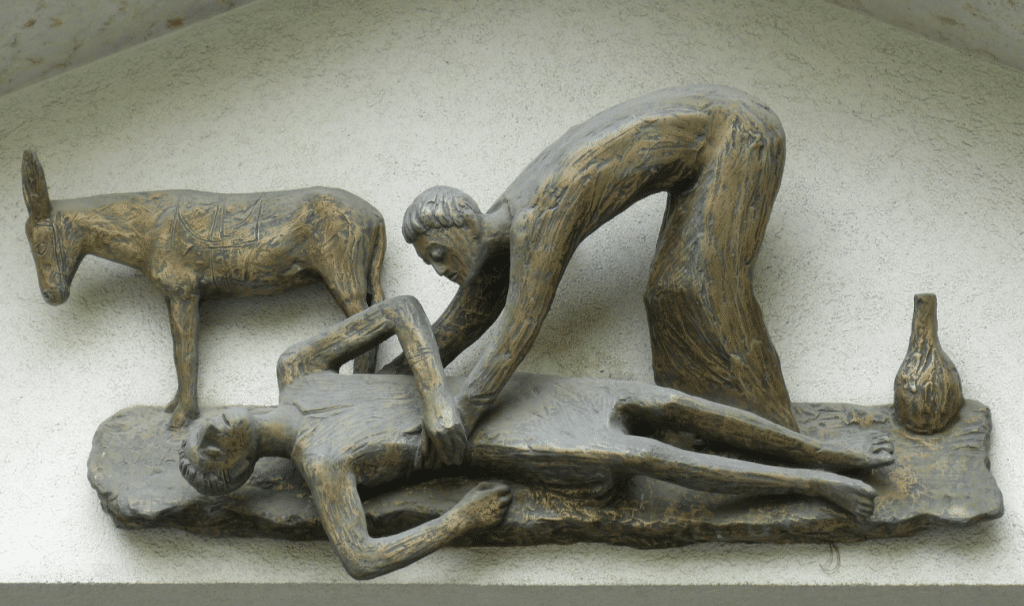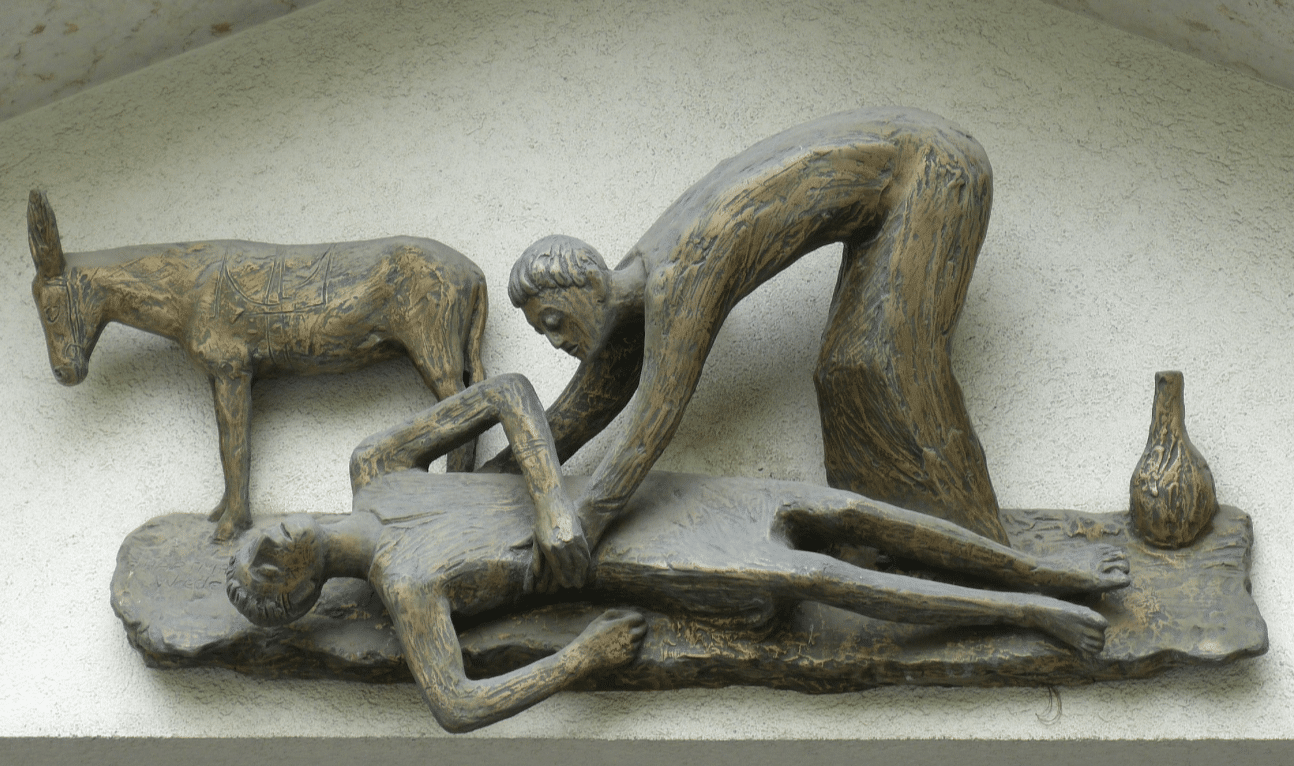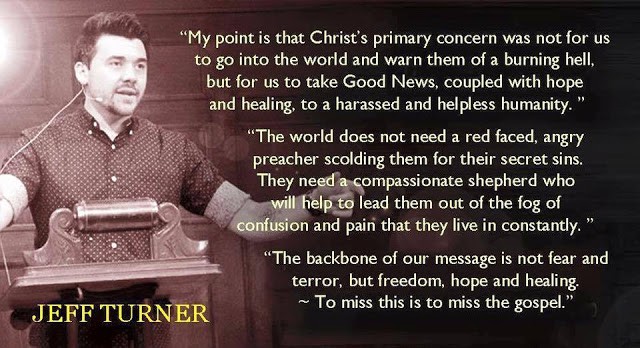The Wideness of Mercy – Brad Jersak

“Mercy is every manifestation of God’s goodness.”
Mercy Mistaken:
A friend of mine was asking whether “mercy” is a worthwhile word (1) if it presupposes divine punishment and (2) if we’ve left behind our image of God as a punisher. My friend’s question is legitimate if we define mercy narrowly as “withholding punishment”… as if “Lord, have mercy” means nothing beyond, “Lord, please don’t punish me.” If that were the case, I’d probably ditch the word in a heartbeat.
BUT… “mercy” reduced to evading retribution misdefines mercy… a classic error I made when I used to say, “Mercy is not getting what you do deserve. Grace is getting what you don’t deserve.” Clever but wrong. My apologies to those who saw me post that on a church sign in the 1990s.
Mercy Revealed:
Mercy in the Jewish and Christian scriptures and tradition includes every manifestation of the goodness of God, from abundant crops and good weather, to safe travels and productive work, to health and healing, to flourishing families and peaceful homes, to patient endurance and strength to overcome trials and temptation… and so much more. Again, mercy includes EVERY experience of our heavenly Father’s goodness.
As such, the Bible reveals that God’s “mercy never fails,” “it is new every morning,” and “his mercy endures forever.”
So no, mercy certainly doesn’t always presuppose connotations of punishment except in sick theologies and cultures of retribution. To show mercy to the sick, the poor and the broken involves none of that.
The mercies of God in the Hebrew language invoke the imagery of a womb, where nurture and nourishment and being held are the dominant picture. Thus, for Jews, mercy was fundamentally about motherly care inside the womb of God!
The Greek sense of the term focuses on the superabundant generosity of olive trees that produce a constant flow of healing oil, lamp oil, anointing oil, and even soap. Christians picked this up and began to pray “Lord have mercy” as a way to open their hands to the overflowing kindness of the God who never runs out!
Mercy’s Wideness:
Now, words like compassion express one aspect of this mercy. And God’s refusal to play the punisher is another. But altogether, mercy must be seen as even wider than in this age where punishment is so common and compassion is so necessary. Mercy is wider than that. Like God’s “goodness” or God’s “love,” the word mercy even predates humanity’s first sin and continues beyond humanity’s last death. Why? Because God’s mercy will continue to flow from his heart of love even after the final judgment when every tear has been wiped away, and when compassion is no longer needed because all is well. Then, we will live in a perpetual state of divine mercy, also known as shalom.
The narrow sense of mercy my friend so disliked may have been integral to the Christless religious training that traumatized him, but it’s simply not the mercy we see embedded in the Bible, the prayers or the worship of Jewish or Christian tradition. Because of the traumatic misuse of that term, he may need to let that word go. But to me, the womb and oil imagery are so beautiful that I believe we ought to rehabilitate the word mercy to its true magnitude. Rather than perpetuating the redefinition that harmed us as a reason to discard it, what if we make its recovery a talking point, not just for the term, but for the gospel itself?
__________
If this post has helped you, please subscribe and share it freely. We also invite you to help us continue to help others with a donation. Click here if you’re able to partner with us.











 Plain Truth Ministries | Box 300 | Pasadena, CA 91129-0300
Plain Truth Ministries | Box 300 | Pasadena, CA 91129-0300

